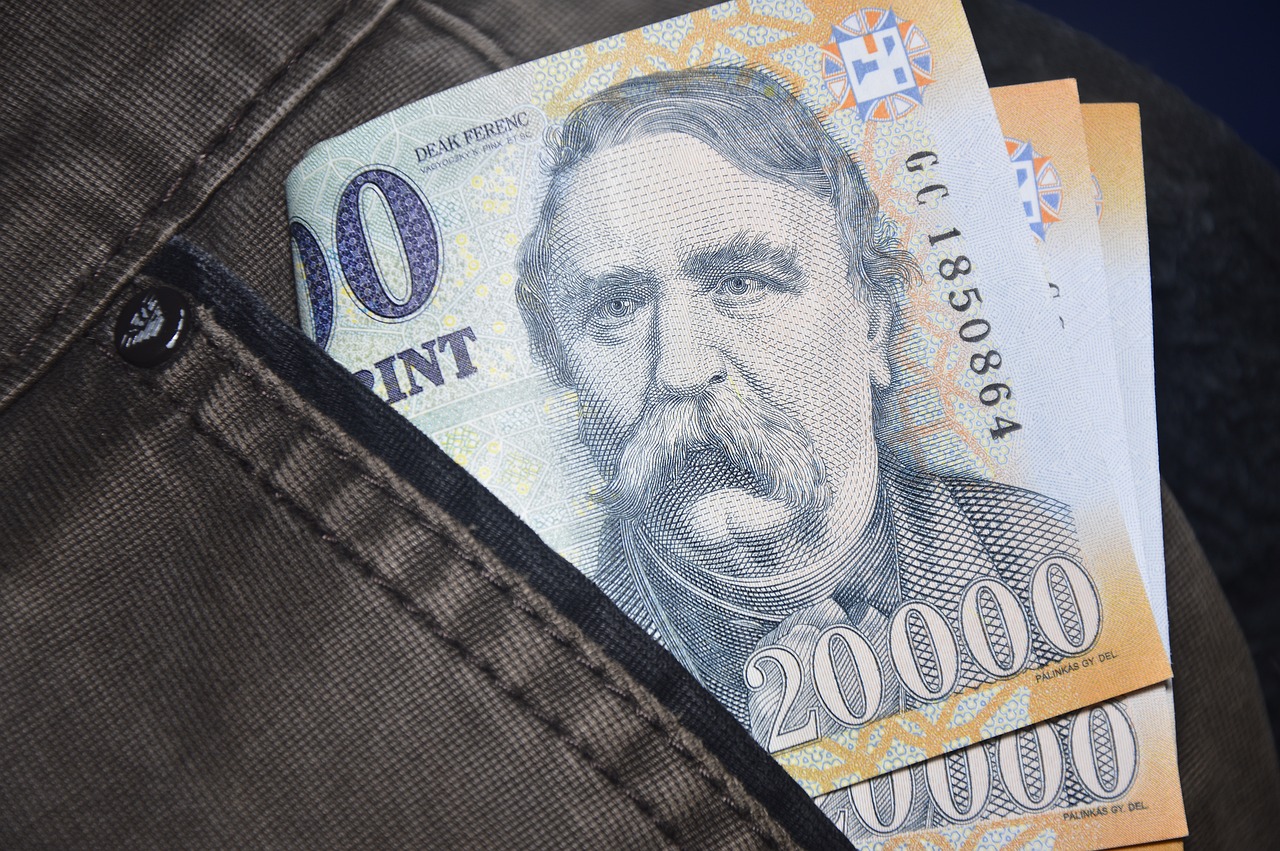
November's expected figure should be at the 8% mark.Continue reading

An agreement was reached at Wednesday’s meeting of the Permanent Consultative Forum between the industry and the government. The parties agreed on several points, including that salaries could rise as early as December 2023: the minimum wage could increase by 15 percent to HUF 266,800 (EUR 707), and the guaranteed minimum wage by 10 percent to HUF 326,000 (EUR 864), Márton Nagy, Minister of Economic Development announced.
The parties recommend that the real value of wages in the competitive sector should be maintained in 2024, taking into account the opportunities, and therefore all companies are encouraged to further increase wages in accordance with their own business, financial, and labor market situation.
Negotiations will start on a concept for a renewal of the wage system that will allow salaries to maintain their purchasing power in the long term.
The meeting was rejoined by Economic Development Minister Márton Nagy, who welcomed the decision and indicated that the government would discuss the proposals and draft the necessary legislation as soon as possible. The minister also thanked the representatives of employers and employees for the almost entirely cooperative way in which the discussions had been conducted. “However, the ministry regretted that the Hungarian Trade Union Confederation – for obvious political reasons – tried to obstruct the agreement without taking into account the interests of the workers and did not sign the document,” noted the politician.
Márton Nagy assured the participants that “the government will continue to do its utmost to counter the negative effects of the war and sanctions, to protect families, to strengthen the Hungarian economy, and to increase the competitiveness of Hungarian businesses.
The minister stressed that 2023 is the year of disinflation and 2024 is the year of economic recovery. The fundamentals are stable, and positive news and developments for families and the economy are constantly arriving.
The government has already brought inflation down to single digits by October with measures such as the online price monitor and compulsory scheme. Moreover, economic growth started to recover in the third quarter, with the economy expanding by 0.9 percent compared to the previous quarter.
Nagy added that the recovery in demand could also contribute to economic growth in the future, as there is a good chance that real salaries could start to rise again from September, boosted by the very significant increase in the minimum wage and the guaranteed minimum wage in December.
The government’s aim is to maintain and support dynamic wage growth so that real wages can increase by 4-5 percent next year. “Thus, as in previous years, families’ wages will continue to grow.”
Via MTI, Featured image via Pixabay